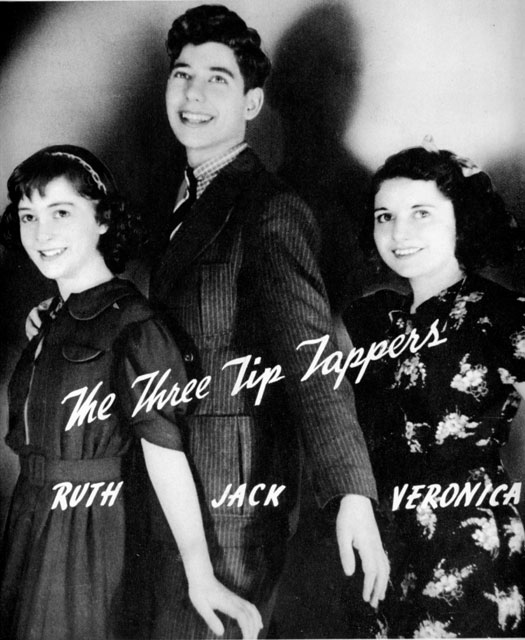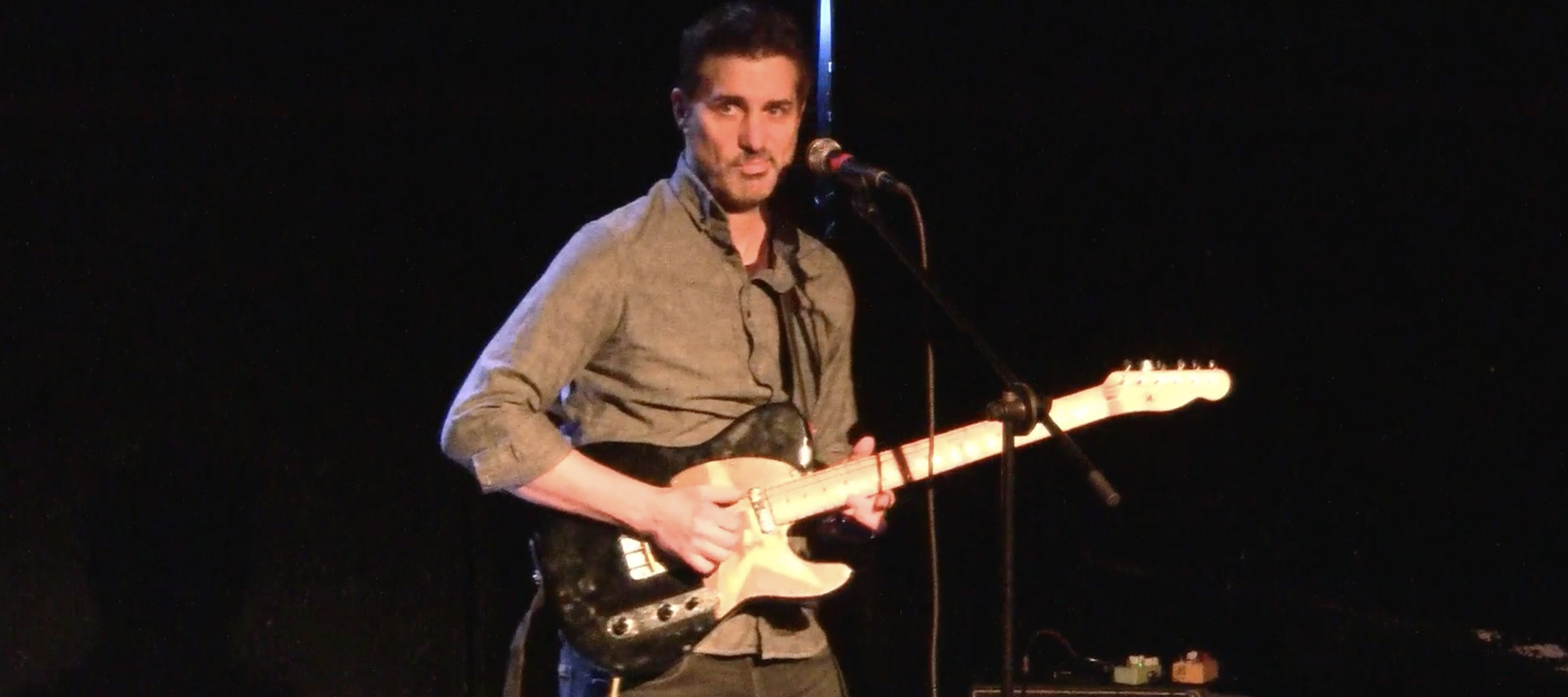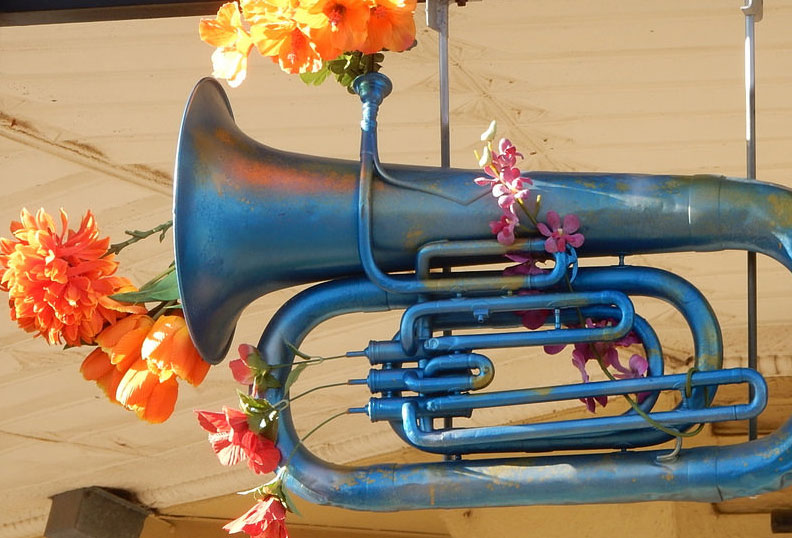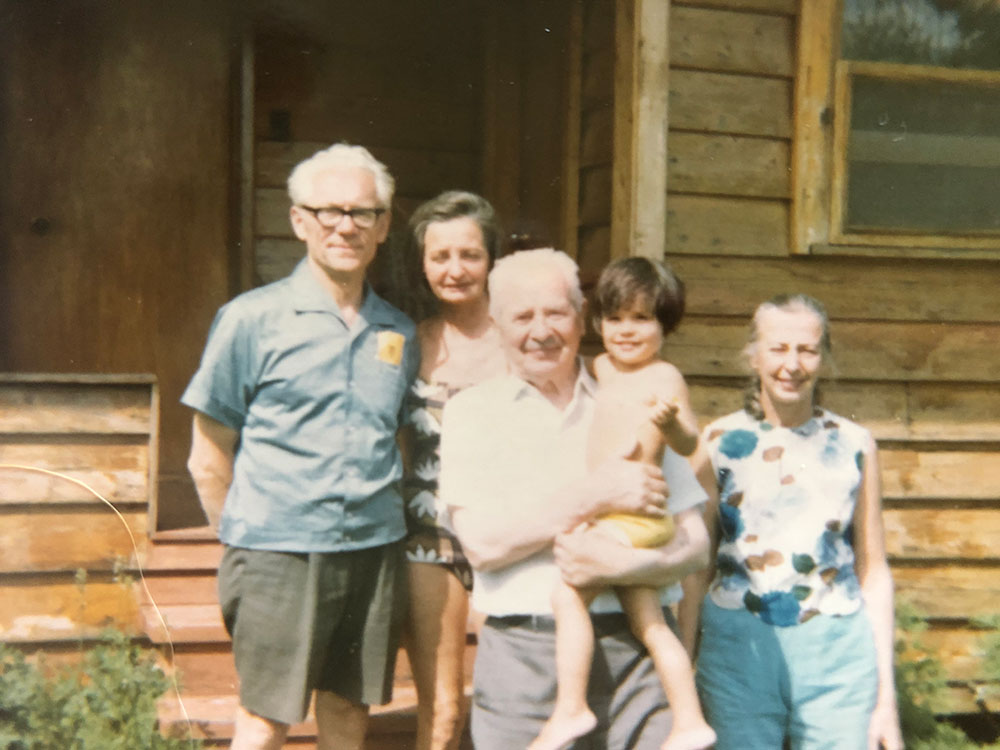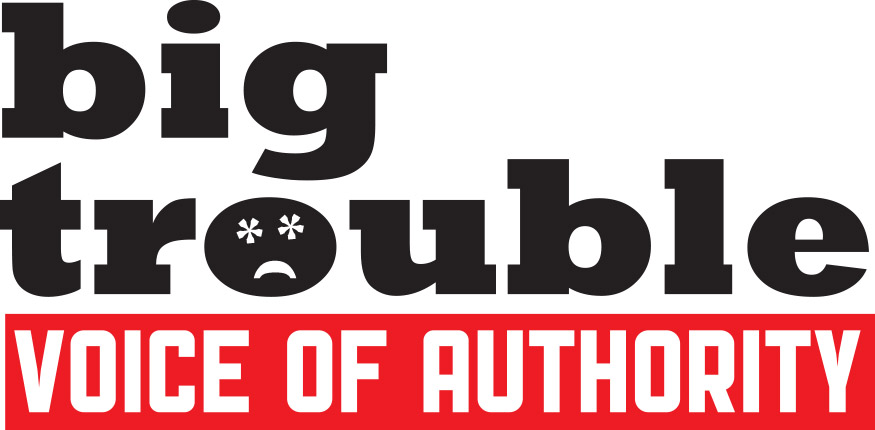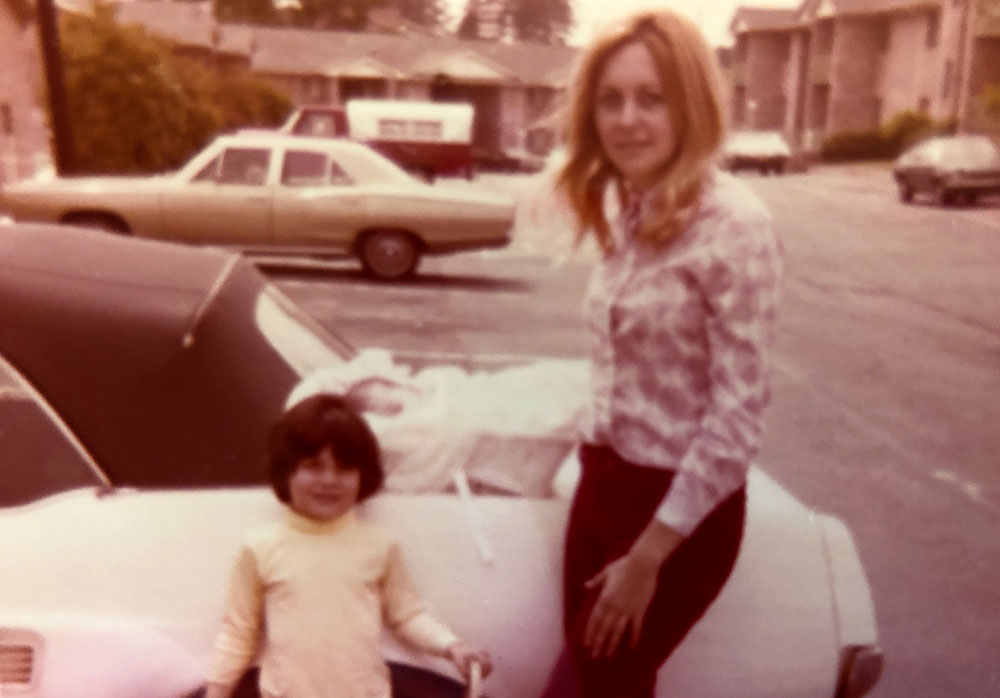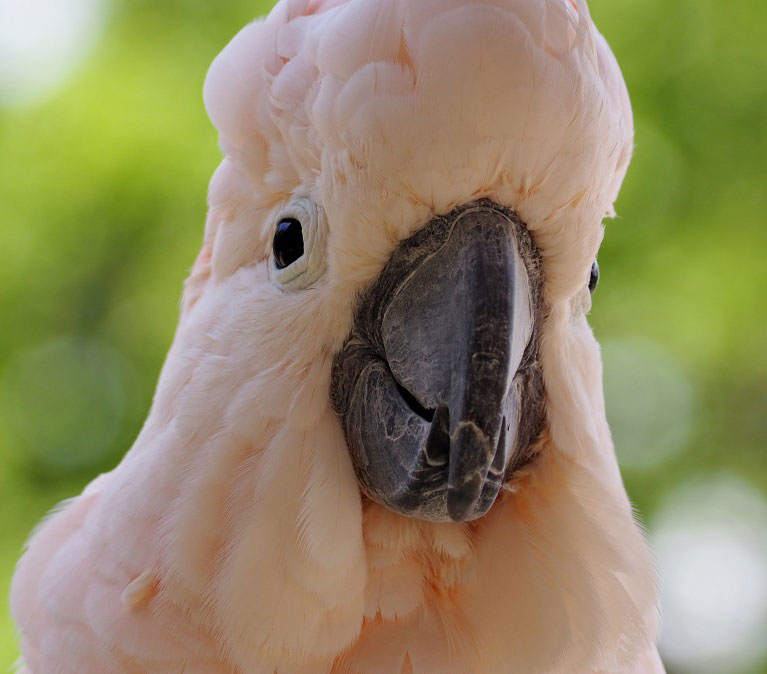Airing Zachary out on the first day of spring
“Hellooooooo!“ Zachary says before he’s even opened his door. You know how your dog greets you when you come home, tail wagging so hard it looks about to break off? Zachary greets you with just as much verve, but more Ethel Merman than Labrador. And today,...
